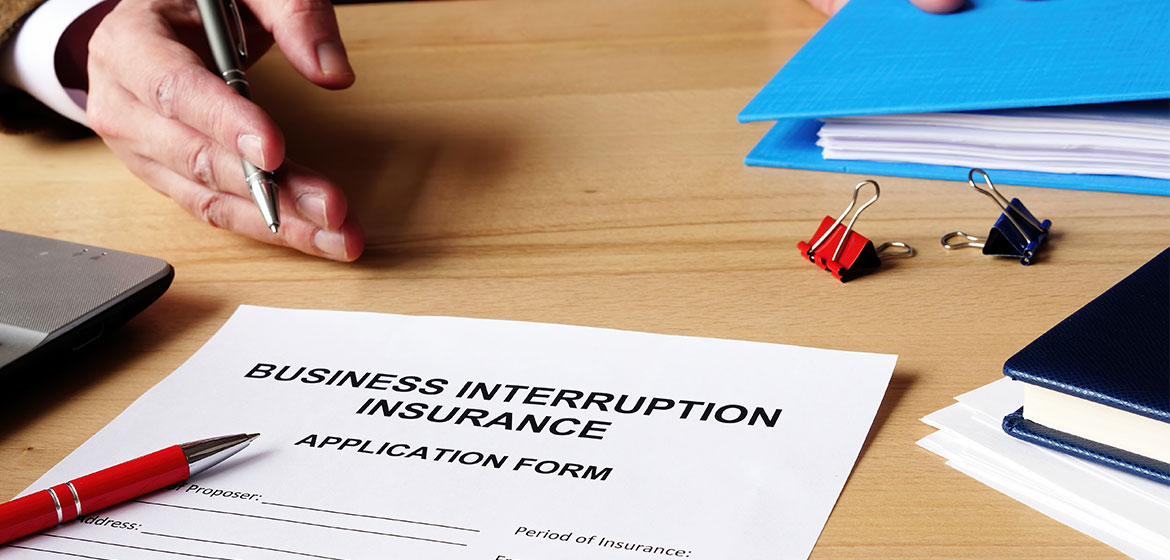Business Interruption Insurance Explained

Business interruption insurance can help you replace any income lost if you find yourself, for whatever reason, unable to reopen temporarily in the aftermath of a covered loss. Running a company without the right business insurance can end up causing more difficulties in the long run, and most business owners find that investing in business interruption insurance is the most prudent choice for their businesses.
What Business Interruption Insurance Covers
If a covered loss forces your business to close temporarily, a business interruption insurance will aid you in covering operating expenses, such as:
- The revenue that you would have been earning
- Mortgage, lease payments and rent
- Loan repayments during the period of closure
- Taxes (both quarterly and monthly)
- Employee payroll
- Relocation costs
- Any extra expenses – for instance, if you need to lease another space from which to run your business in the interim
- Training costs – for instance, if your employees need to learn how to operate new equipment in the interim
Restoration Period
The restoration period refers to the length of time in which your policy will help cover lost income. This may differ from policy to policy, so it is best to check with yours to find out what your restoration period is. Most policies will require a 48 to 72 hour waiting period before they begin to provide you with income coverage.
How Much Business Interruption Coverage Do You Need?
All business interruption insurance policies have a coverage limit, which refers to the amount of coverage you select if you suffer a loss. While determining this exact amount can be difficult, we recommend using your gross earnings and projections to calculate future profits, and use that to determine the right amount of coverage for you. What is important to remember is that if your business interruption costs end up costing more than the coverage limit you have selected, any extra expenses will have to be paid out of your own pocket. Here are some questions to consider:
- How long would your company need to recover after physical damage or loss?
- Does your business have protective equipment (such as fire alarms) that are up to date?
- Should you suffer a loss, do you have any nearby locations from which you could run your business in the interim?
Cost of Business Interruption Coverage
This depends on a variety of factors, such as your industry, number of employees, and amount of coverage. The cost can also vary depending on your risk of loss, or location. If your business is located in an area that is prone to natural disasters, such as wildfires or hurricanes, you may have to pay more for coverage.
When it comes to selecting the right insurance for your business, you will want to be able to navigate the language of insurance policies, which can be a complex task. If you have difficulty weighing up your business’ requirements with the language of insurance policies, reach out to an expert. This is a large decision, and you want to be sure that you are adequately covered.